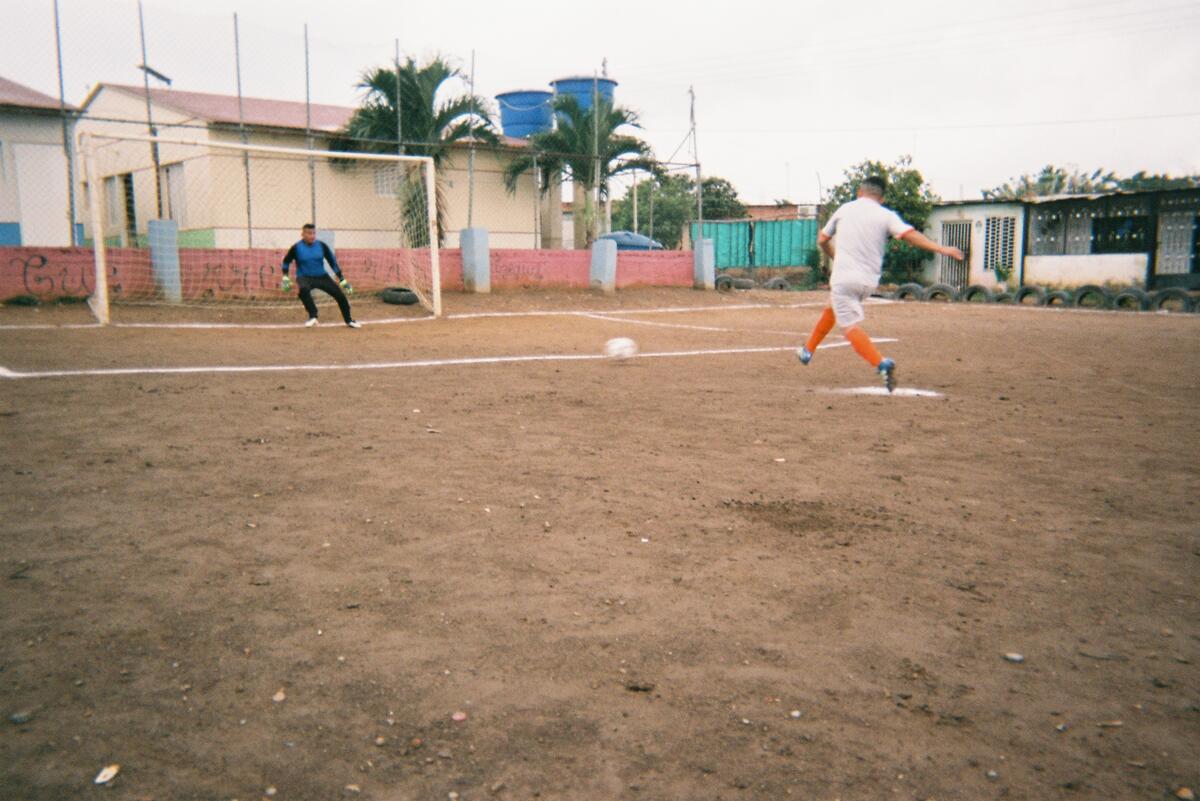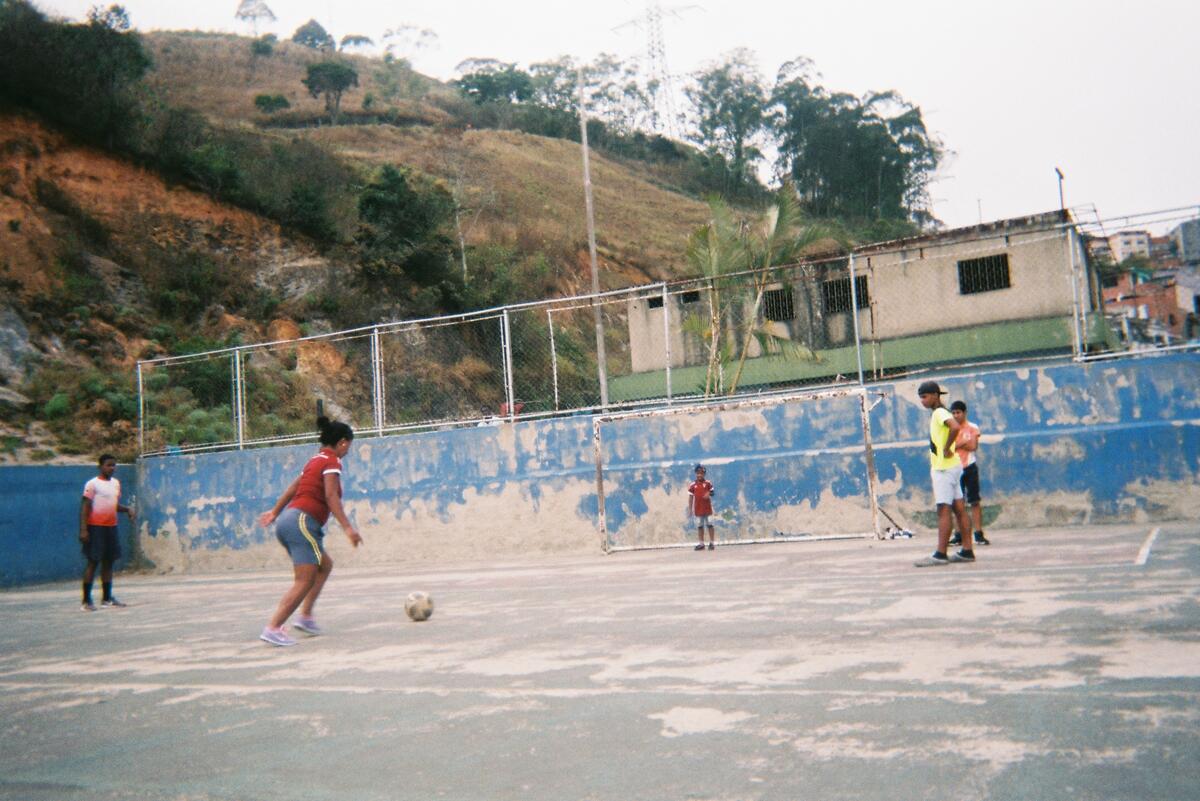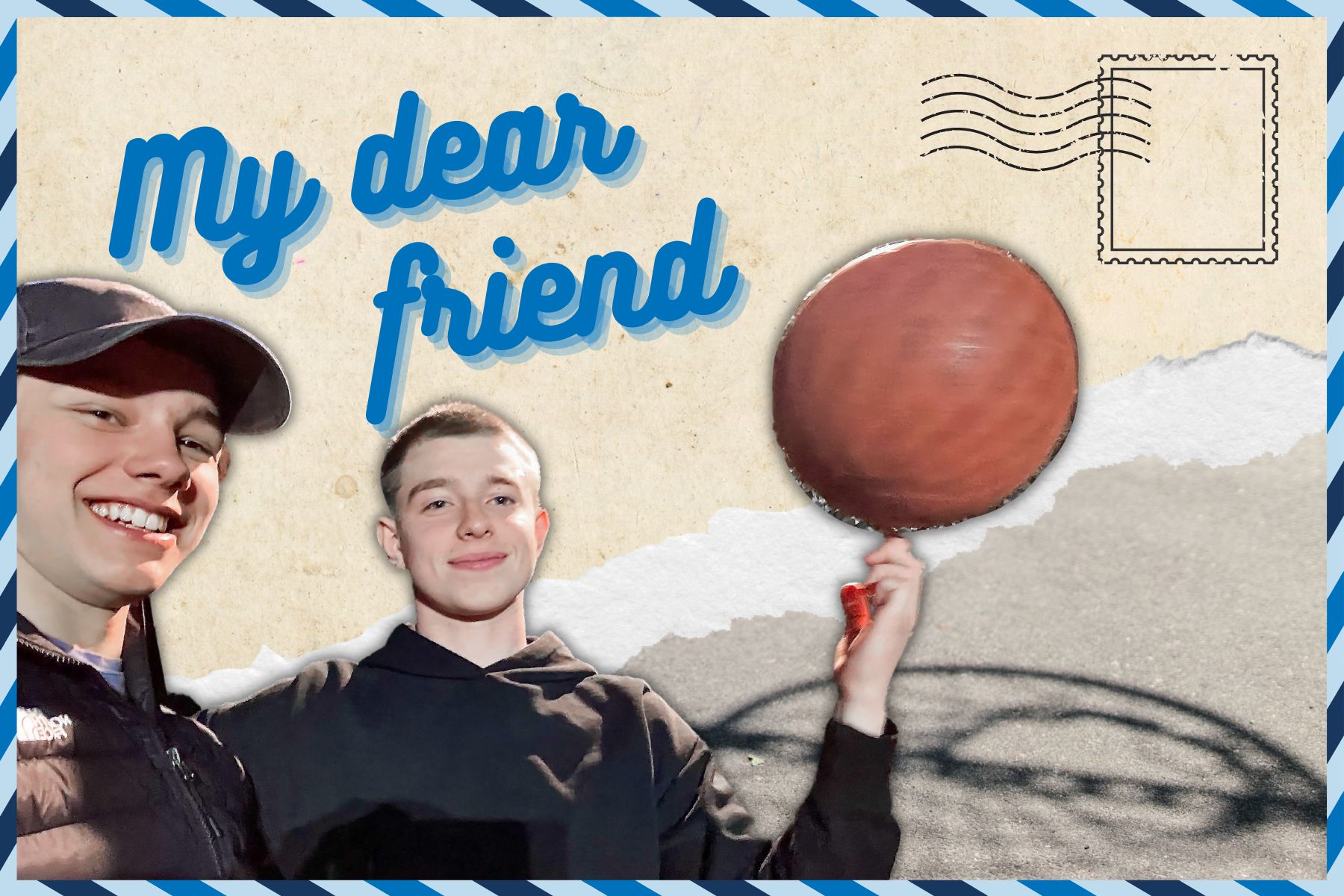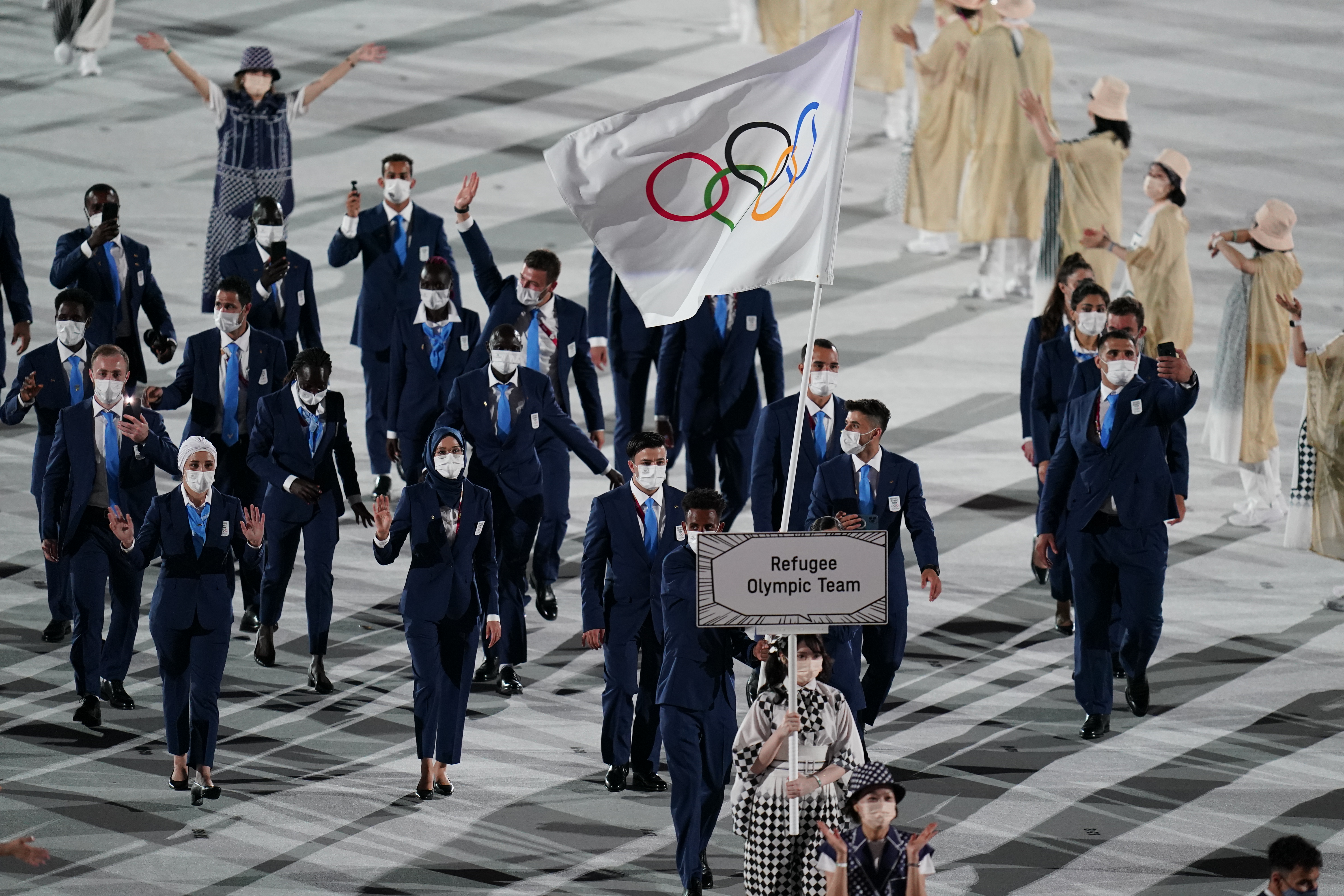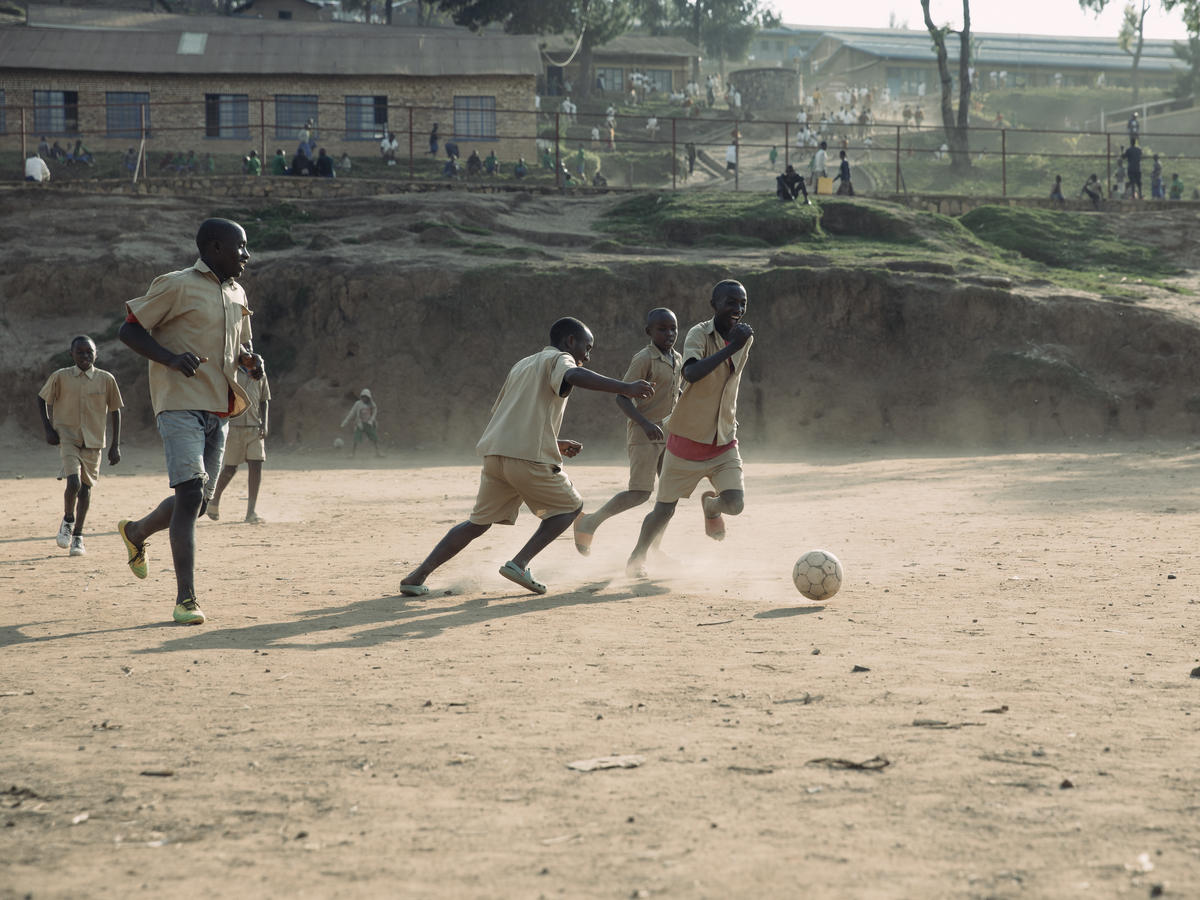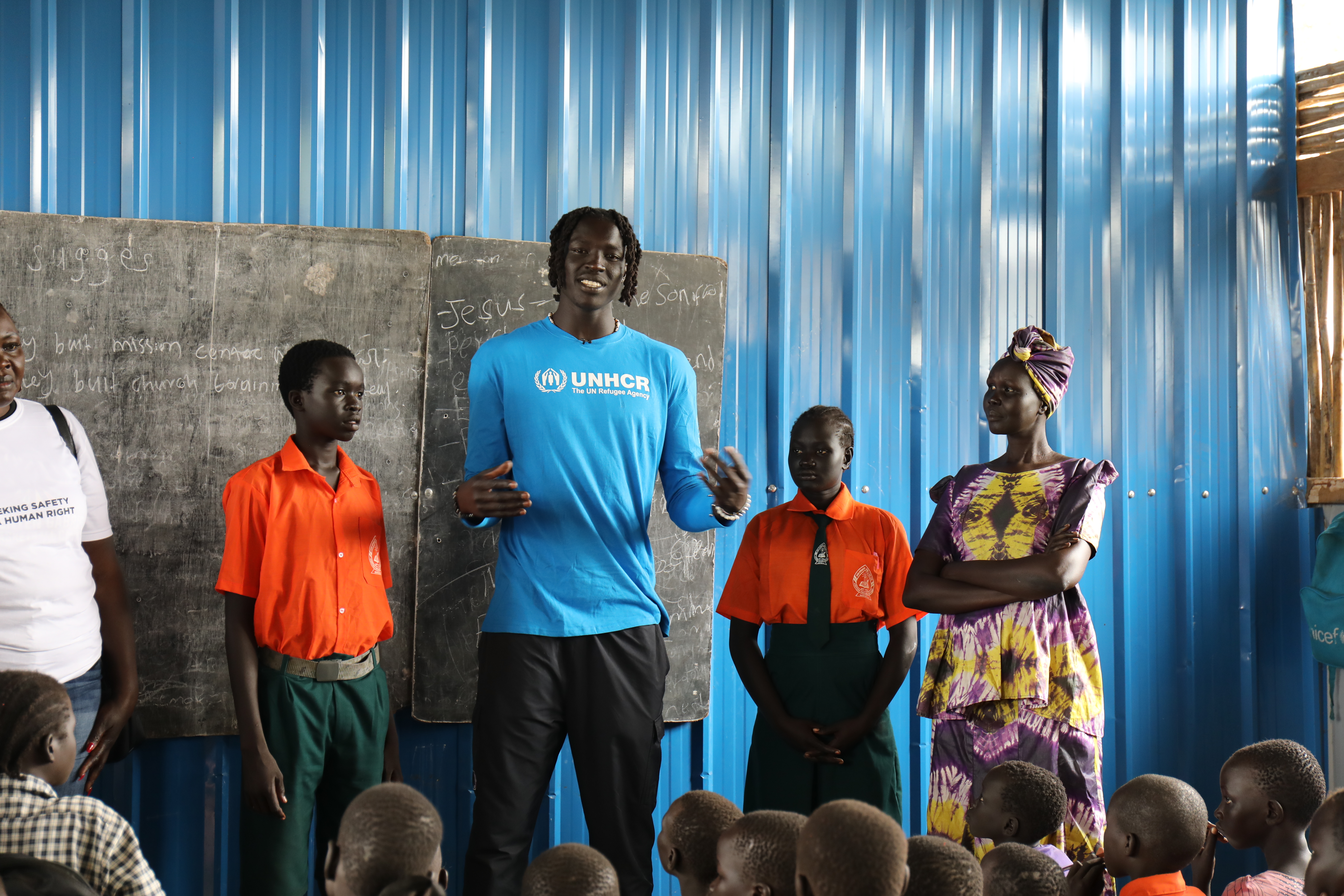Q&A: Basketball star takes the bull by the horns to help refugees
Q&A: Basketball star takes the bull by the horns to help refugees

NEW YORK, United States, May 23 (UNHCR) - Chicago Bulls basketball player Luol Deng is the latest high-profile supporter of UNHCR's ninemillion.org campaign, which raises funds to provide education and sports activities for millions of young refugees around the world. The lanky star learned about the campaign by chance and immediately sought out UNHCR to sign up. It is a cause very close to his heart. The 23-year-old fled his native South Sudan as a child and ended up as a refugee in England. He went to the United States to study in his teens and joined the Chicago Bulls in 2004 as a forward. Deng, who also plays for England, made headlines earlier this season with his pledge to donate US$50 to ninemillion.org for every basket he scored. He recently spoke to UNHCR's Senior Regional Public Sector Fund-Raising Officer Greg Millar. Excerpts from the interview:
Where does your desire to help others come from?
I grew up in a family that has always given back. My dad has always given back ... and my mother also, so I just grew up right into it. It was just something that I grew up with and was born to do.
Tell us a bit about your family and yourself?
I am a Dinka from South Sudan. I am one of nine kids and I was born in the Sudan. When I was five, my family fled the Sudan because of the civil war. My family and I moved to Egypt, where we lived for four years. When I was nine, my family was granted asylum by the United Kingdom and we moved to England as refugees. My family still lives in England, but I moved over here to go to high school at the age of 14 and to play basketball. At 18, I went to Duke University [in North Carolina] for a year and was then drafted by the Chicago Bulls.
Have your experiences brought you closer to your family?
I think the number one thing for me has always been family. When I tell people that I was a refugee, they might think I went through a lot. But I never think of it like that, because I had a strong family.... Being in the same boat with my family made things easier.
As a former refugee, how important do think the work of UNHCR is?
UNHCR has been unbelievable; giving refugees around the world an opportunity to pursue a better life and a better education. Just to have an opportunity in life. It's never easy leaving your homeland, having to adapt to a different culture and trying to make it, but with the help that UNHCR gives, it makes life a lot easier.
How do you feel about the repatriation of people to South Sudan?
It is unbelievable.... We can help more. It's just unbelievable that people are getting the opportunity to go back to their homeland; it is tough not being home.
How did you become involved in UNHCR's ninemillion.org campaign?
I was in England and I went to an Arsenal [football team] game. An advertisement kept flashing up in the stadium, and it said ninemillion. My jersey number is nine, so I like it when I see the number. I was sitting next to my manager and we kept on seeing ninemillion flashing up, so I asked him, "What is nine million?" He didn't know and so we asked other people. They started explaining its meaning to us and the rest is history.
We really wanted to get involved and do whatever we could ... to help them [the world's refugee children] with education, sports and a better life in general. That's what I've always wanted to do. It just made sense and that's how I started.
Tell us about the influence of sport in your life.
When I moved from Sudan to Egypt, I was very young and I didn't play much sport. When we moved from Egypt to England, I didn't speak a single word of English. Many refugees would make their children learn English before sending them to school, but my parents didn't think it would be a good idea for me to stay at home every day in a new country. So I went to school without understanding English.
It was hard for me to communicate with people and it was hard for me to reach out - a different culture, a different language - it was just really hard to make friends. But one thing I noticed was that whenever we played football, people wanted to pick me to be on their team. And I noticed that I was closer to the guys when we were playing. It didn't matter if I spoke the language or not, they wanted to win and so they would pick me. And when we won, we would celebrate together. That's really what sports did for me; it helped me make friends.
That story shows how important sports is for young people?
Yes, definitely. Sports can also free your mind.... When you play sport, you're thinking about how good you can be. Whether you are scoring a goal or making a lay-up or a jump shot in basketball, you free your mind of other stuff and that's really good for you.
What do you think when you see images of refugee children?
When I see the things that UNHCR and ninemillion are doing, I'm just happy to see those kids getting the help that they're getting. One thing I would tell those kids is to enjoy life, take advantage of what you have and just really be excited and always believe in yourself.
What you and UNHCR are doing to ease reintegration means a lot.
Definitely. There is a lot going on in southern Sudan right now. If people join in what we're doing here to help, then it could definitely help change so many lives, so many families in South Sudan. I was really lucky to be able to flee my country and I am really very lucky to be sitting here today - just telling people about this and doing what I am doing, and asking people to join me.
By helping those people, you never know. In the future, another kid will be sitting in my spot doing the same thing, from whatever country. It's just unbelievable, you never really know what you can do, you never really know how much you can change someone's life. Doing something [to help], I guarantee you, is the best feeling.
Can members of the public support what you are doing?
Definitely, like ninemillion, there are so many ways to help. I think a lot of people sometimes think you have to be rich to help.... I think the best way to help is learning more about the issue. This means really taking your time to learn about the issue, because sometimes you will learn something you didn't know. I think that you'll even learn that one dollar can feed a family in certain countries for a week
Do you think many people in America - including professional basketball players - understand what it really means to be a refugee child?
I think, generally, people have a good idea that a refugee is someone who fled home, someone who is not in their homeland. I don't know if everyone thinks about it the same way. Because I have been through it, I know how tough it can be to be away from home. I think for most people, the first thing about a refugee that springs to mind is that it means not being able to be in your own homeland.
You are planning to visit South Sudan soon. How do you feel about that?
I really don't know what to expect. I left at such a young age, all I really remember are stories, but I am definitely really excited. Just to be able to step in my homeland; I am looking forward to it.... I lived in England, I grew up in England. I live here now and play basketball, but you look at me - you can tell right away I am from South Sudan, and that is home.


